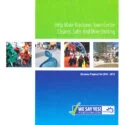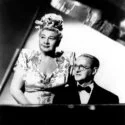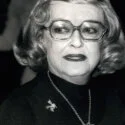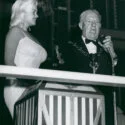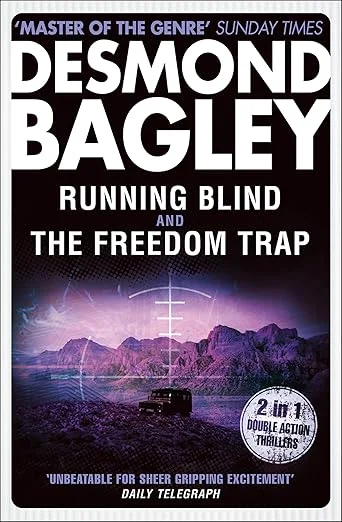Desmond Bagley was born on 29 October 1923 in Kendal, Westmorland (now Cumbria), to John and Hannah Bagley. In the summer of 1935, when he was 12, his family relocated to Blackpool. Soon after the move, he left school and took on various jobs, including working as a printer’s assistant and in a factory. During the Second World War, he was employed in the aircraft industry, though his lifelong stutter initially exempted him from military conscription.
Bagley became widely known as both a journalist and a novelist, earning a reputation for his gripping thrillers. Alongside fellow British writers such as Hammond Innes and Alistair MacLean, he helped establish key conventions of the genre: his protagonists were tough and resourceful yet fundamentally ordinary individuals, facing off against adversaries intent on causing destruction for their own gain. His fast-paced storytelling and meticulous research made him one of the leading thriller writers of his era. In recognition of his legacy, a blue plaque was unveiled in October 2023 at his childhood home on Lord Street, Blackpool, to commemorate the centenary of his birth. This was the second plaque dedicated to him, following an earlier one unveiled in 2018 at his home in Guernsey, where he and his wife, Joan Bagley, were honoured for their contributions to the island’s cultural life.
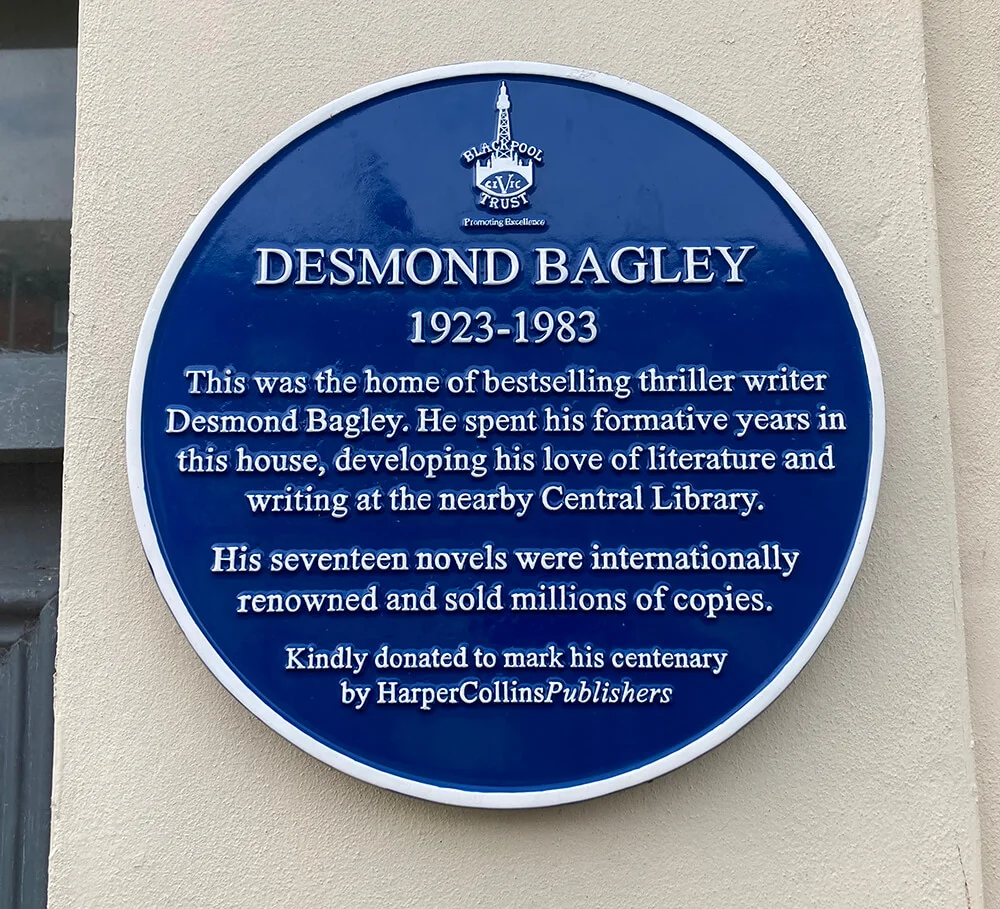
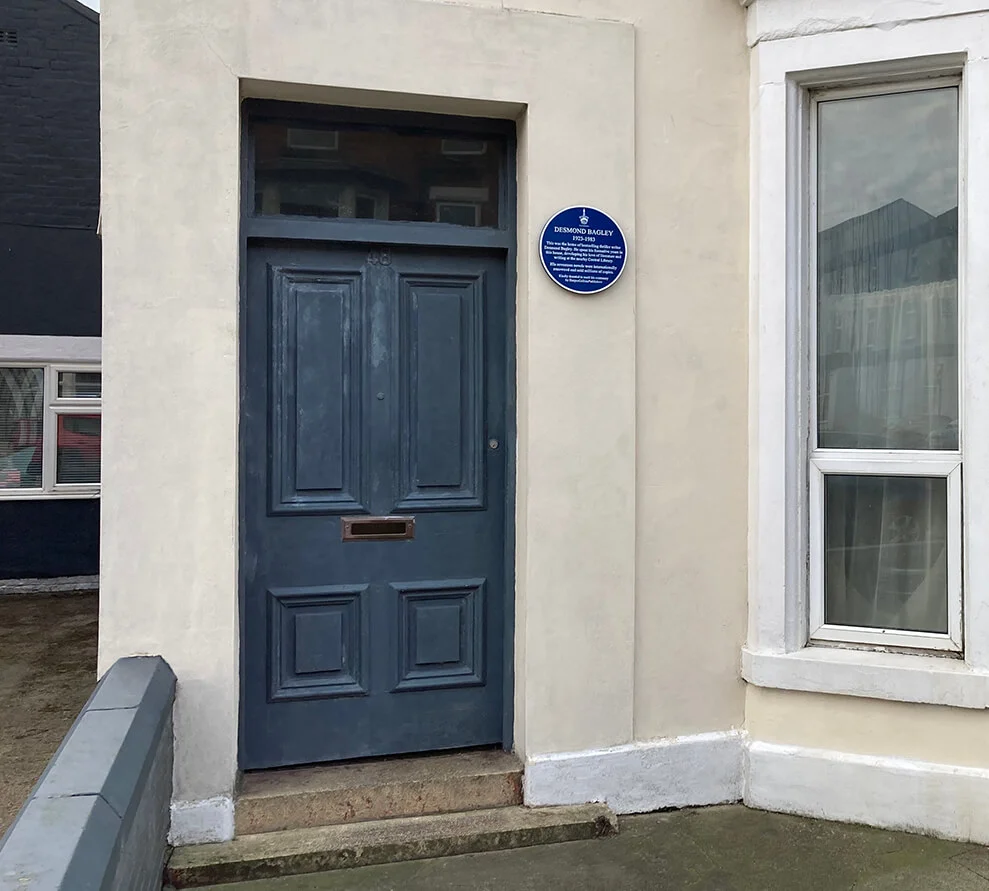 Desmond Bagley left England for Africa in 1947, embarking on an overland journey that took him across the Sahara Desert. He briefly settled in Kampala, Uganda, where he contracted malaria, before moving to South Africa in 1951. There, he worked in the gold mining and asbestos industries in Durban, Natal, before transitioning into freelance journalism, writing for local newspapers and magazines. During this period, he met Joan Margaret Brown, a bookstore director, whom he married in 1960. Bagley was an eyewitness to the 1960 assassination attempt on South African Prime Minister Hendrik Verwoerd while working as a freelancer for the Johannesburg Sunday Times. His experiences in Africa and his journalistic background greatly influenced his later work as a thriller writer.
Desmond Bagley left England for Africa in 1947, embarking on an overland journey that took him across the Sahara Desert. He briefly settled in Kampala, Uganda, where he contracted malaria, before moving to South Africa in 1951. There, he worked in the gold mining and asbestos industries in Durban, Natal, before transitioning into freelance journalism, writing for local newspapers and magazines. During this period, he met Joan Margaret Brown, a bookstore director, whom he married in 1960. Bagley was an eyewitness to the 1960 assassination attempt on South African Prime Minister Hendrik Verwoerd while working as a freelancer for the Johannesburg Sunday Times. His experiences in Africa and his journalistic background greatly influenced his later work as a thriller writer.
His first published short story appeared in the English magazine Argosy in 1957, and his debut novel, The Golden Keel, followed in 1963. In the late 1950s and early 1960s, he also worked as a film critic for The Rand Daily Mail in Johannesburg. The success of The Golden Keel allowed him to become a full-time novelist by the mid-1960s. Over the course of his career, he wrote 16 thrillers, all noted for their meticulous craftsmanship and nearly all becoming bestsellers. Unlike many thriller writers of his time, he seldom featured recurring characters. Exceptions include Max Stafford, a security consultant in Flyaway and Windfall; Slade, a spy in Running Blind and The Freedom Trap; and Metcalfe, a smuggler-mercenary in The Golden Keel and The Spoilers.
Bagley’s novels led to five film adaptations, though most were met with lukewarm reception. The best known is The Freedom Trap (1971), which was released in 1973 as The Mackintosh Man, directed by John Huston and starring Paul Newman and Dominique Sanda. Other adaptations include the made-for-TV movie Landslide (1992), The Vivero Letter (1998), and The Enemy (2001), starring Roger Moore. Perhaps the most successful was the BBC’s 1979 television serialisation of Running Blind, which garnered a strong following.
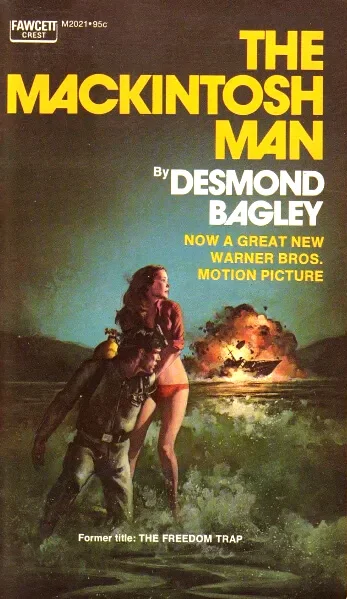
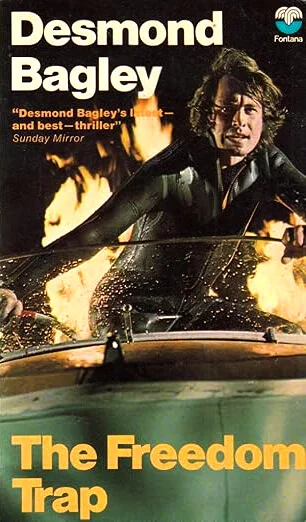
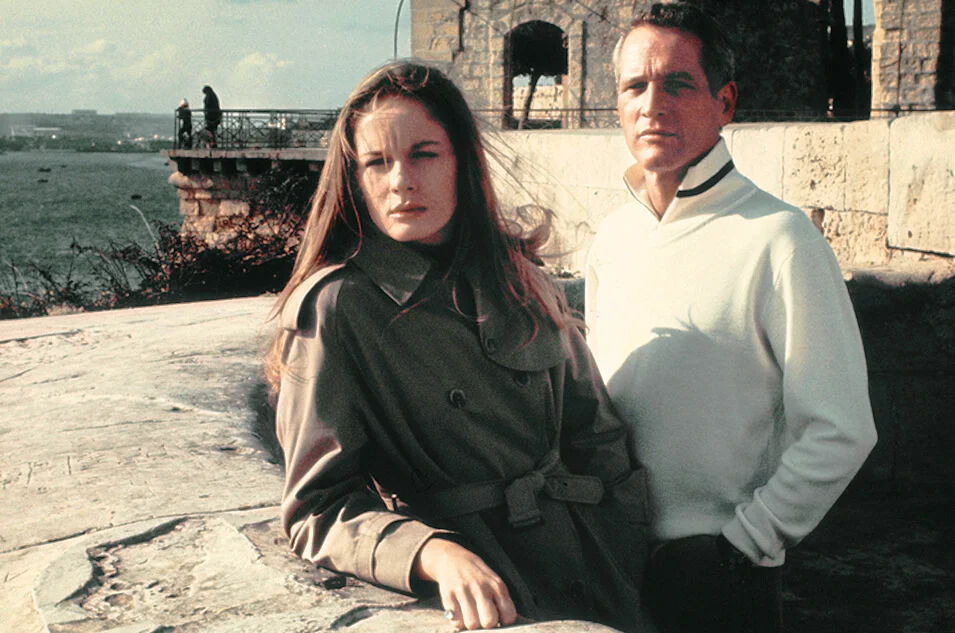
THE MACKINTOSH MAN, 1973, directed by John Huston with Dominique Sanda and Paul Newman.
Desmond Bagley frequently employed the first-person narrative in his novels, a technique that added to the immediacy and intensity of his storytelling. A critic once remarked, “As long as meticulous craftsmanship and honest entertainment are valued, and as long as action, authenticity, and expertise still make up the strong framework of the good adventure/thriller, Desmond Bagley’s books will surely be read.”
In addition to his thrillers, Bagley also wrote short stories. His final two novels, Night of Error and Juggernaut, were published posthumously, having been completed by his wife, Joan. His works have been translated into more than 20 languages, further cementing his reputation as a master of the thriller genre. In 2017, an unpublished first-draft manuscript entitled Because Salton Died was discovered among his papers at the Howard Gotlieb Archival Research Center in Boston. The manuscript was later completed by writer Michael Davies, retitled Domino Island, and published by HarperCollins on 9 May 2019. Another unfinished work, Writer – An Enquiry into a Novelist, provided an autobiographical insight into Bagley’s early life and literary influences. In 2021, this work was edited by Philip Eastwood and made available as a free eBook.
At the Frankfurt Book Fair in October 2022, HarperCollins announced that they had acquired Bagley’s literary catalogue from Brockhurst Publications, which had previously managed his estate. As part of the deal, publisher David Brawn revealed that Michael Davies would write a new novel featuring Bill Kemp, the protagonist from Domino Island, as a centenary tribute to Bagley. This resulted in Outback, published on 11 May 2023, with a sequel, Thin Ice, set for release in 2024. Bagley’s passion for research led him to travel extensively, gathering detailed insights into the exotic settings that featured in his novels. Beyond writing, he enjoyed sailing, classical music, films, and military history, and was an enthusiastic player of war games.
After leaving South Africa in 1964, he and Joan settled in England, first in Bishopsteignton, Devon, before moving to Totnes in 1966. In 1976, they relocated to Guernsey, where they remained for the rest of their lives. Bagley passed away on 12 April 1983 at the age of 59, following complications from a stroke at a hospital in Southampton. Joan continued to live in Guernsey until her death in 1999.
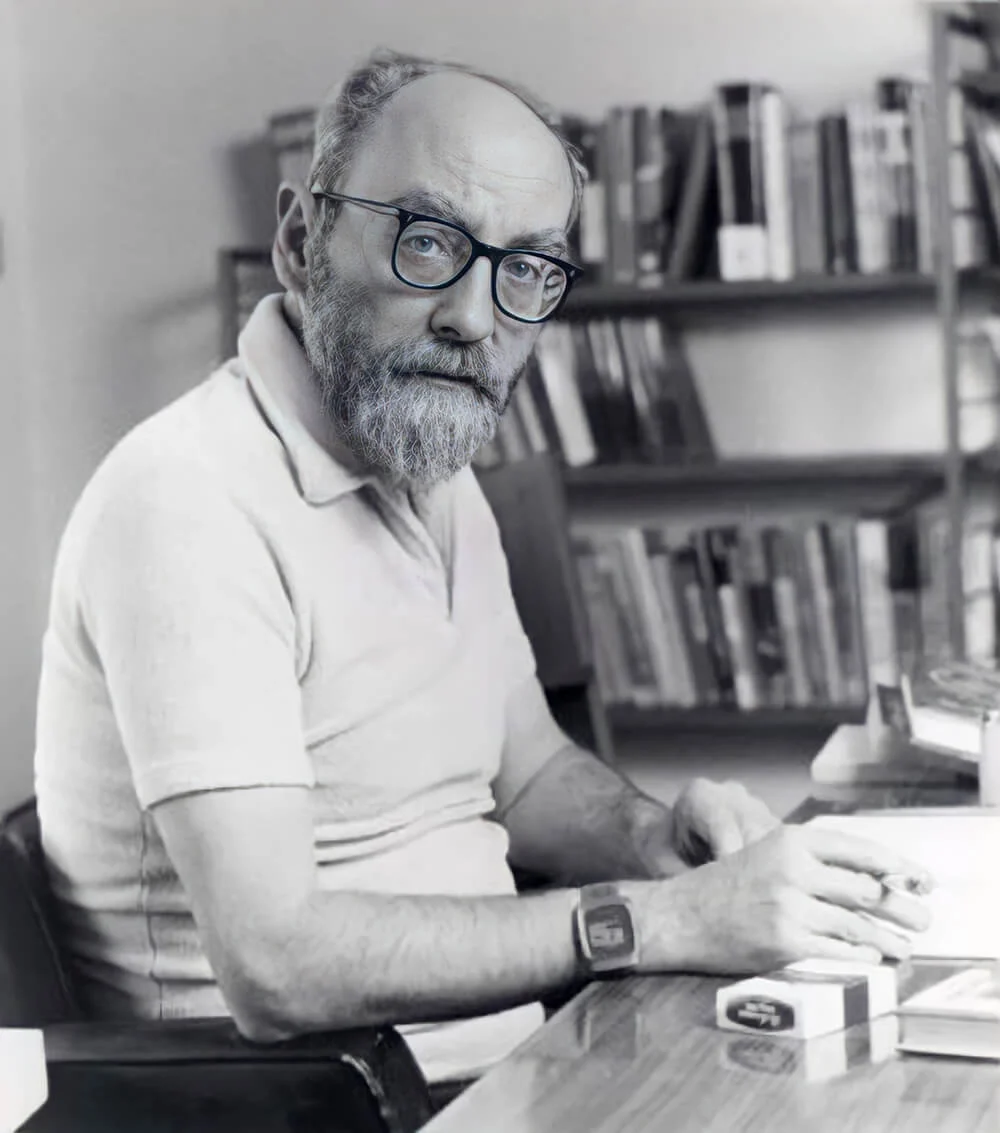
Additional Images © Deeper Blue Marketing & Design Ltd
Background Image © Alamy











